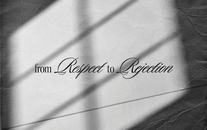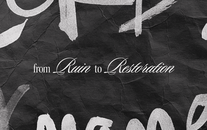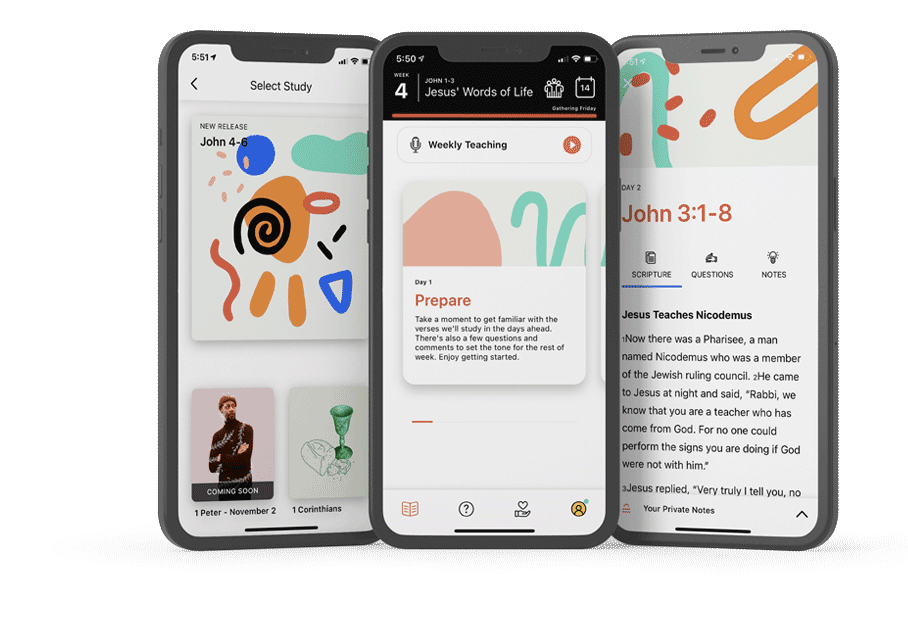
What is the hardest thing God has ever asked you to do? Isaiah was a prophet God called to exchange his riches for rags—talk about a life-shaping moment!
Isaiah was a man who didn’t just speak his message in nouns and verbs; he lived his message. Later in Isaiah’s life, for example, we read about when God had instructed Isaiah to live stripped and barefoot for three years as a sign against Egypt and Cush. Isaiah’s words and actions denoted his surrender to God’s trajectory. By human standards, Isaiah was a disappointment. But by God’s standards, the world was not worthy of him.


Isaiah went from riches to rags and from respect to rejection. Isaiah’s position of earthly influence as a relative to the king took a new trajectory as God called Isaiah to become ignored and rejected. What could possibly cause a man to shun riches and respect and take up rags and rejection? Surely something remarkable. Isaiah encountered the Lord—the true, extraordinary King.
Isaiah 6:1 says, “In the year that King Uzziah died, I saw the Lord, high and exalted, seated on a throne; and the train of his robe filled the temple. Above him were seraphim, each with six wings: With two wings they covered their faces, with two they covered their feet, and with two they were flying. And they were calling to one another: ‘Holy, holy, holy is the Lord Almighty; the whole earth is full of his glory.’”

Isaiah’s life-altering vision of God, the high and exalted one on the throne, included a picture of the train of His robe filling the temple with glory. The vision Isaiah saw humbled him. Isaiah was drawn back in awe.
Isaiah realized, “I don’t belong here. Woe is me.” In that moment, Isaiah confessed what is true for him and for all people in the presence of God Almighty: “I am ruined. I can’t be in your presence, God. I am a man of unclean lips, and I live among a people of unclean lips, and my eyes have seen the King, the Lord Almighty.”

Now what happened next might surprise you. God didn’t just brush it off, nor did He zap Isaiah with leprosy or death. Instead, God intervened and extended grace to Isaiah. God, upon Isaiah’s confession, made a way for Isaiah to be cleansed. God sent His seraphim with a hot coal to touch Isaiah’s mouth with this assurance: “See, this has touched your lips; your guilt is taken away and your sin is atoned for.” God extended forgiveness, not wrath. When King Uzziah pridefully and disobediently entered the temple of the Lord, there really was ruin. God struck Uzziah with leprosy, a condition that banned King Uzziah from ever entering the temple of God. But when Isaiah humbly confessed in the presence of God, there was agreement and atonement.

What must it be like to be made fully aware of our sin and that we deserve to be destroyed? I ask it that way because most of us, even if we have confessed Christ as our Savior, are not fully aware of our sin. We have a way of cleaning up just how sinful we really are. We might say, “Well, I came to Christ at an early age — how sinful could I have been?” Or maybe we look at others and we say, “Well, I’m not as bad as so-and-so.” Isaiah was confronted with the depth of his sin, and in that moment, he knew he had no defense. He was ruined apart from the intervening grace of God.
Tradition says Isaiah was put to death by being sawed in two. This man, born into a distinguished family, chose to surrender his comfort, surrender his rights, and ultimately surrender his life. He remained faithful to God regardless of the cost because he knew what it was to be saved from his sin. He knew what it was to belong to the Lord. He knew that his life was the Lord’s. He knew that God could have ruined him and, instead, forgave him. To know God’s forgiveness will change the trajectory of your life.
Want to learn more about Isaiah? Check out our 4-week study, Isaiah: Songs of the Servant.



